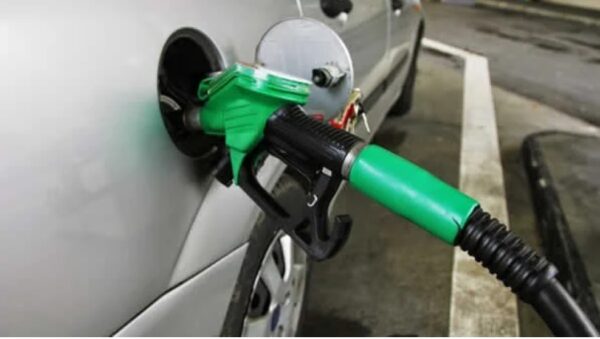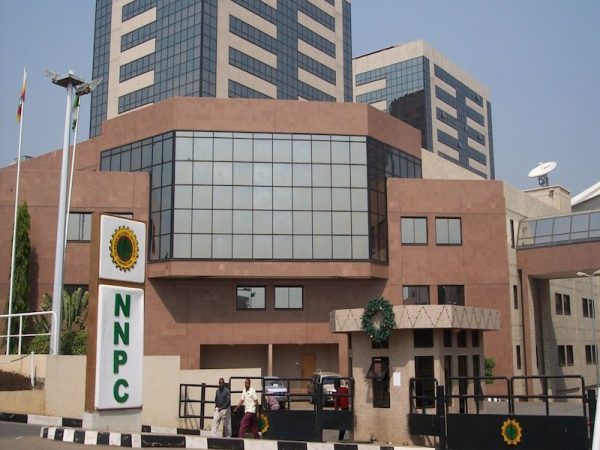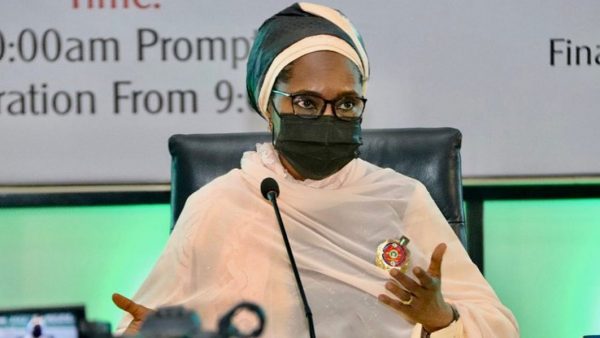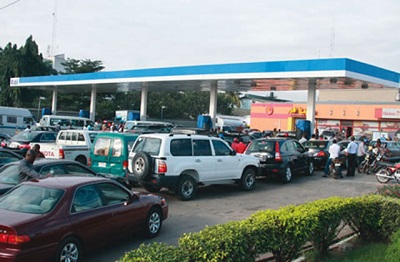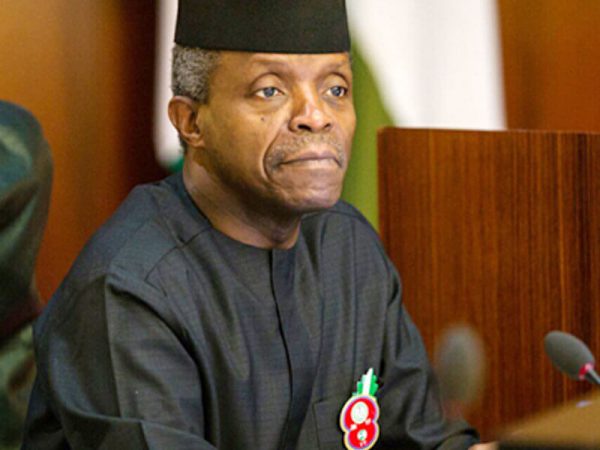Petrol price hits N143.8, stakeholders push for total deregulation
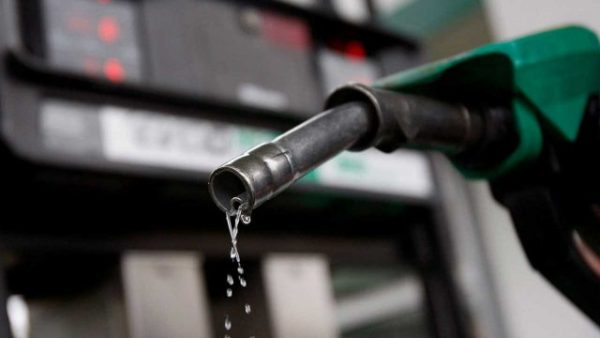 The pump price band for Premium Motor Spirit has been increased from N121.5 – N123.5/litre to N140.8 – N143.8/litre for the month of July 2020.
The pump price band for Premium Motor Spirit has been increased from N121.5 – N123.5/litre to N140.8 – N143.8/litre for the month of July 2020.
However, different stakeholders, including petroleum products marketers and the Manufacturers Association of Nigeria, said total deregulation rather than price control could drive the price below the current price.
It was gathered on Wednesday that the Petroleum Products Pricing Regulatory Agency advised marketers to sell the commodity within the price band of N140.8 to N143.8/litre.
In June, the PPPRA had advised marketers to sell within the price band of N121.5 to N123.5/litre.
But in a letter to all petroleum marketers dated July 1, 2020, with reference A.4/9/017/C.2/IV/705, and obtained by our correspondent in Abuja, the agency advised all dealers to operate within the new price range this month.
The letter, which was signed by the Executive Secretary, PPPRA, Abdulkadir Saidu, read in part, “After a review of the prevailing market fundamentals in the month of June and considering marketers’ realistic operating costs, as much as practicable, we wish to advise a new PMS pump price band of N140.80-N143.80 per litre for the month of July 2020.”
The agency urged marketers to note that the ex-depot price for petrol collection includes the statutory charges of bridging fund, marine transport average, national transport allowance and the administrative charge.
Sources at the Abuja headquarters of the agency said the rise in petrol price for July was primarily due to the increase in global crude oil prices, as PMS had been deregulated.
Industry analysts, however, added that the recent lifting of the ban on inter-state travels had increased the demand for petrol.
It was also gathered that the increased demand had put a strain on the PMS stock across the country at the moment, as bulk of the commodity’s imports were done by the Nigerian National Petroleum Corporation.
On Sunday, Saidu insisted that it would continue to issue price bands for petrol despite opposition by oil marketers regarding the move.
He also declared that a regulation for PMS had been established in collaboration with the Federal Ministry of Petroleum Resources and the Office of the Attorney-General of the Federation.
Saidu disclosed this while trying to address questions about the PMS pricing regime, which commenced on March 19, 2020.
Since the introduction of the regime, marketers had expressed concerns several times over the issuing of monthly guiding prices for deregulated petroleum products.
The National President, Petroleum Products Retail Outlets Owners Association of Nigeria, Billy Gillis-Harry, told our correspondent that marketers were not comfortable with the price announcements without involving stakeholders.
He wondered why the PPPRA would not ask for the inputs of marketers before announcing new prices.
Gillis-Harry stressed that the sector had to be fully deregulated in order to allow marketers sell at prices that might eventually be lesser than what was captured in the price band.
Unlike in the past when marketers asked for days to adjust for downward review of prices, it was observed that several filling stations across the country immediately adjusted their pumps to reflect the new pricing.
At the Mobil and Total filling stations in Berger, the pump prices were adjusted to N143.5/litre.
Also other stations in Abuja adjusted their pumps to N143/litre when one of our correspondents visited some of the outlets on Wednesday night.
Following the sharp drop in global crude oil prices, the pump price of petrol, which is still being regulated by the government, was reduced to N125 per litre from N145 per litre on March 18, 2020.
Then, Brent crude, the international oil benchmark against which Nigeria’s crude is priced, was trading at a 17-year low of $24.89 per barrel.
The PPPRA further announced on March 31 a price band of N123.50-N125 per litre of petrol. The agency gave a new band of N121.50-N123.50 on May 31, with oil price trading at $30.38 per barrel.
The price of Brent crude stood at $42.01 per barrel as of 8:30pm Nigerian time on Wednesday.
Aside from the price of crude oil, another major factor affecting the landing cost of petrol imported into the country is the foreign exchange rate.
The Central Bank of Nigeria had on March 20 adjusted the official exchange rate to N360/$1 from N307/$1, a development many analysts described as naira devaluation.
The acting Director General, MAN, Ambrose Oruche, said the increase in price would lead to inflation and the purchasing power of Nigerians would further be eroded.
He, however, questioned the law that was guiding the PPPRA in the deregulation of the oil and gas sector as he Petroleum Industry Bill had not been signed.
Oruche said, “If we are fully deregulated, it is a good sign for our economy because paying this subsidy was a wastage because the money that would have been used for other infrastructural development was being used to subsidise PMS.
“Is the PPPRA managing the deregulation? What law is the PPPRA basing the deregulation of the PMS when the PIB has not been signed? Be that as it may, it will hike inflation rate and what that will mean is that the income of the citizens will be eroded.
“That will be compensated if we had done full deregulation because the money we would have used to subsidise petroleum would have been invested in something that will be useful for the citizens.”
An economist with the Lagos Business School, Dr Bondo Adi, explained that the decision was an indication of the government’s intention to stop paying subsidy.
Adi said this would reduce the wastage of the government revenue on subsidy payments that had bedeviled the sector over the years
The Director General, Lagos Chamber of Commerce and Industry, Dr Muda Yusuf, said the country was already operating a deregulated pricing regime in the petroleum downstream sector.
He said the decision of increase pump price was based on changes in the price of crude oil in the international market and changes in exchange rate.



